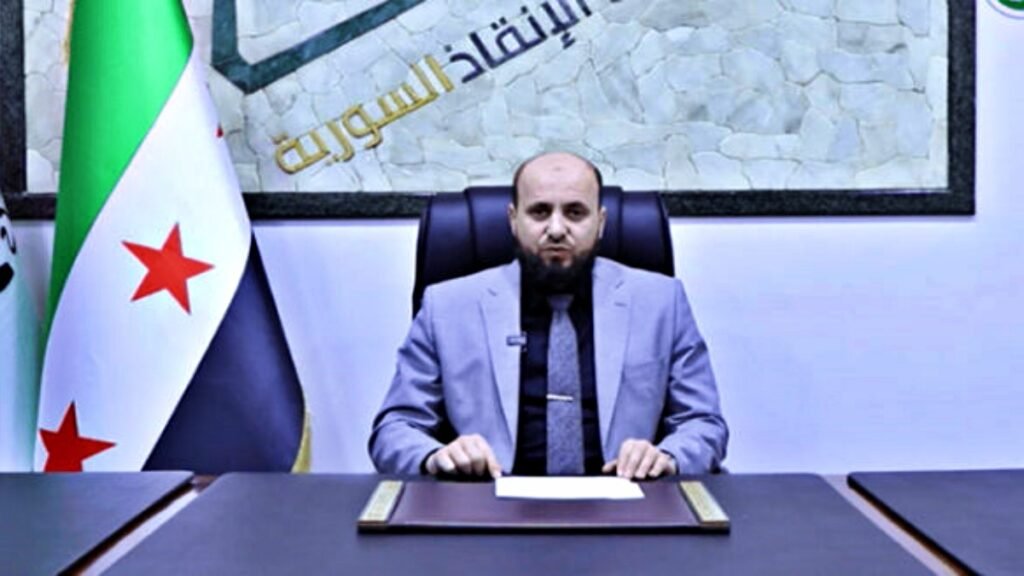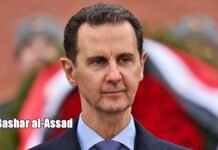
Key Highlights:
- Assad’s Downfall: Bashar Al-Assad, Syria’s president for 24 years, flees to Russia after rebels seize control of Damascus.
- New Leadership: Mohammed al-Bashir appointed as head of the transitional government until March 1, 2025.
- End of Civil War: The 13-year-long Syrian civil war concludes with the fall of the Assad regime.
- Global Reactions: Nations, including India, emphasize the need for peace, sovereignty, and a Syrian-led inclusive political process.
New Delhi: After the dramatic ousting of President Bashar Al-Assad, Syria enters a new chapter as rebel forces announce Mohammed al-Bashir as the head of a transitional government. The announcement, broadcast on state television, confirms that the transitional administration will remain in place until March 1, 2025.
Assad’s Fall: A Historical Shift
- End of Five-Decade Rule: The Assad family’s reign, which spanned over 50 years, concluded with Bashar Al-Assad fleeing to Russia on December 8, 2024.
- Civil War Resolution: The takeover of Damascus marked the end of Syria’s 13-year-long brutal civil war, which began in 2011 during the Arab Spring.
- Public Response: Celebrations erupted in Damascus as citizens toppled Assad’s statues and removed his posters. However, chaos also ensued, with crowds looting the presidential palace, exposing the opulence of the regime.
Rebels’ Path to Victory
- Rapid Offensive: Rebel forces, led by Hayat al-Tahrir al-Sham (HTS), launched their final offensive in late November, capturing key cities before storming Damascus.
- Endgame: By December 8, the rebels seized control of the capital, forcing Assad to seek asylum in Moscow.
New Leadership and Transitional Plans
- Mohammed al-Bashir Named Prime Minister: The transitional government, under Bashir’s leadership, will govern Syria until a more permanent political solution is reached.
- Focus on Stability: Bashir, addressing the nation, called for unity and pledged to prioritize rebuilding Syria’s institutions and economy.
International Reactions
- Calls for Peace and Unity:
- India’s Stand: The Ministry of External Affairs emphasized the importance of preserving Syria’s sovereignty, territorial integrity, and unity. “We advocate a peaceful and inclusive Syrian-led political process,” the statement read.
- Western Nations: The U.S. and France called for immediate efforts to stabilize the region and rebuild war-torn infrastructure.

The Road Ahead for Syria
Syria’s transition from decades of autocratic rule to a potentially inclusive and democratic framework is fraught with challenges. While the ousting of Assad marks a significant victory for the rebels, the focus now shifts to maintaining peace, addressing humanitarian crises, and fostering a unified Syrian identity.
Global support and a strong domestic vision will be crucial as the country embarks on this transformative journey.
Advertisement






















































